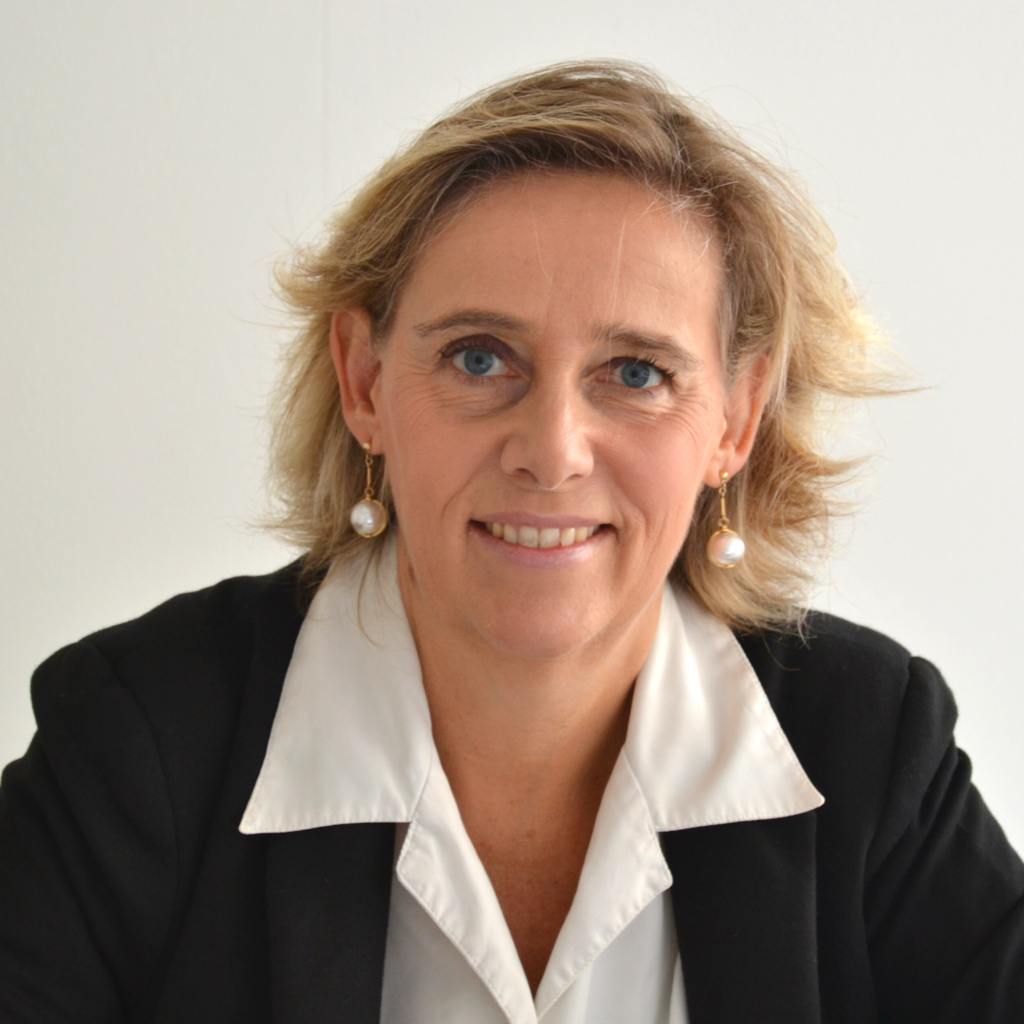Antonella is the Secretary General of ALDA— the European Association for Local Democracy, which aims to promote local democracy, empowerment and participation of civil society, and good governance in Europe, the Balkans, Eastern Europe, and the Mediterranean area. She is a European senior consultant on local development with a focus on implementing participatory processes for urban regeneration. She manages a network of 350 members, mainly composed of local authorities and civil society groups, in over 40 countries in Europe and beyond.
Antonella is also the President of the European Partnership for Democracy (EPD) and is a member of the Urban Foundation for Sustainable Development advisory board in Armenia. She was previously the chair of the EPAN working group of CONCORD and was the coordinator of the subgroup on local government and public administration reform for the Civil Society Forum for Eastern Partnership. In 2012-13, she was a board member of CIVICUS – the World Alliance for Citizens Participation.
Antonella has an academic career at the university of Padova, Italy, is the author of two books on the involvement of citizens at the local level to promote democracy, as well as various articles. She is a French and Italian native speaker and is also fluent in English and Russian.
What are the biggest priorities for cities coming out of COVID-10?
CUI’s Mary W. Rowe sat down with Antonella and asked her: what are our biggest urban priorities coming out of the pandemic? Here’s what Antonella had to say.
Societal reorganization
There isn’t just one priority coming out of the pandemic. There are several. There’s an opportunity to be seized if we want to—to reorganize our lives and communities to advance social, economical, educational and environmental inequities. Over the last year and half, we have watch people process and respond to the pandemic and now we are seeing them come to terms with the fact that it’s not over, but rather something we just live with.
The opportunity ahead of us is how we holistically plan for future urbanization that is mindful of smart processes, ecological transition, urban mobility and responds to demographic issues.
The economic reorganization is the one that everyone is worrying about where I’m from. The poorer are getting poorer and the richer are getting richer. During the pandemic, companies weren’t allowed to fire anyone. The government stepped up and either subsidized companies or provided financial supports directly to its citizens, removing the burden from companies. However, come October, that will end. The expectation is, we will reorganize and there will be a crash. Communities and community leaders understand they will be faced with economic and social difficulties and that is going to be the same everywhere.
Some of the long-term changes could be positive. For example, I have a friend who lives in Belarus and works for a company based in Cambodia. We could also have healthier cities, more hygienic cities moving forward given what we’ve experienced.
Participatory engagement and community strategizing
As we look ahead, it’s going to be even more crucial, for people living in cities to work together to try to understand and develop strategic solutions to see us though this. We need to start by addressing conflicts at the community level by creating the conditions for participatory planning that engages everyone—the whole community, otherwise the conflicts and challenges will never meaningfully be addressed.
When we talk about engaging cities and communities, we’re not just talking about one group of people, for example the grandmas or the teenagers. We are talking about coalitions of people, experts and businesses. People bringing and sharing their experience is very important. In this era of reorganization, we have the opportunity look at each other and try to learn from one another, build movements and create partnerships. A participatory process is one where the community decides how to engage. The approach needs to be decided by the community. And if that doesn’t work, then you can explore a more top-down approach. For example, today I learned that 49% of the African population is under 19. They have policies that engage these young people and I think they are doing well.
Coming to terms with the environmental crisis
The whole world changed during the pandemic. Everything about our lives changed—from how we live (physical distancing, wearing masks and hand sanitizing), to how we access services. We adapted to respond to the pandemic. So how can we use the lessons from the pandemic to address the environmental crisis and the risks that await us? I think for the first ever, we understand how fragile we are.
No one is safe from the climate crisis. Look at the region of Germany, the economic centre of the world that recently flooded. And Belgium, where people are so mindful and aware of our climate crisis and integrate that awareness into the infrastructure and homes they build. And yet, they just experienced one of the worst natural disasters that country has ever seen.

